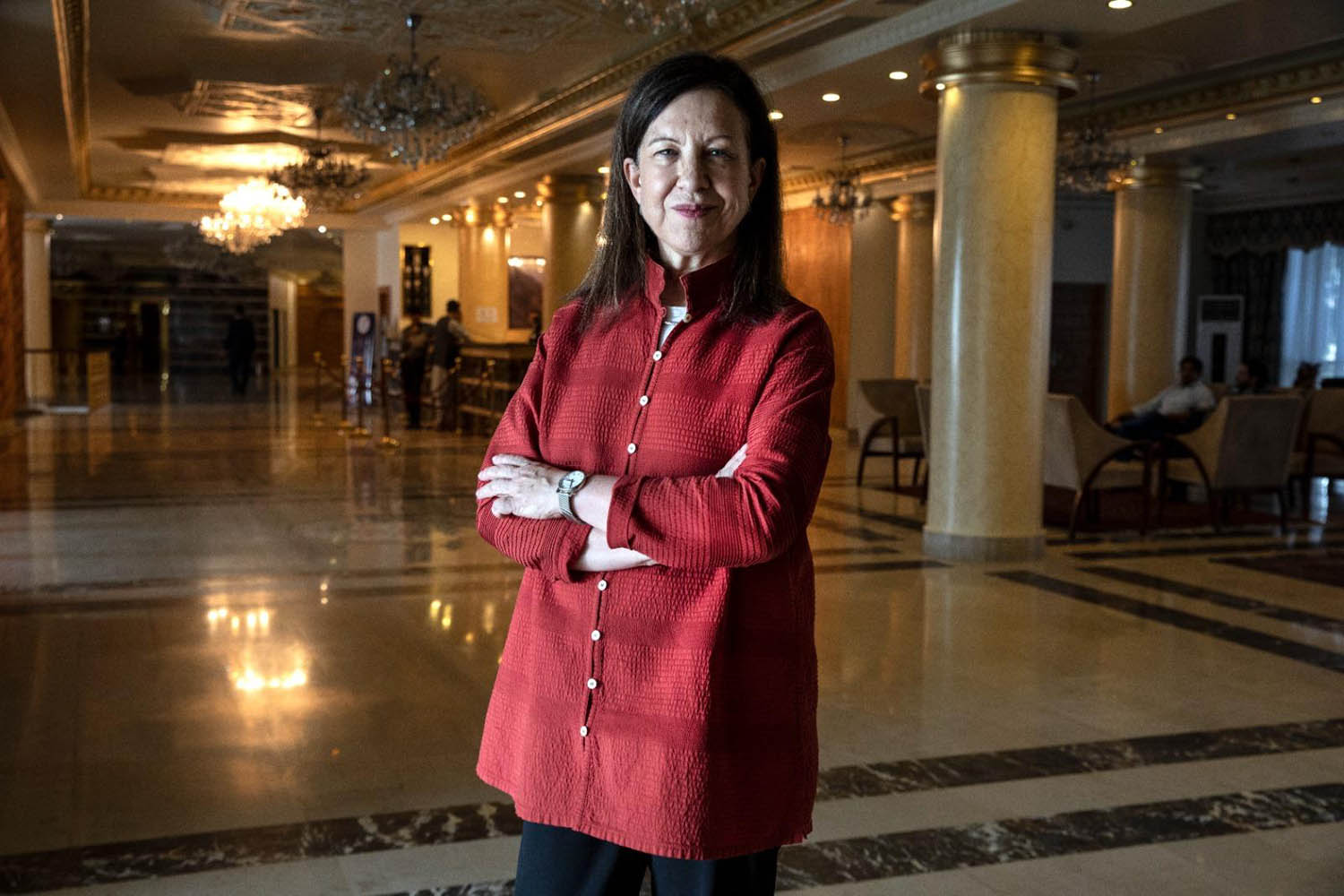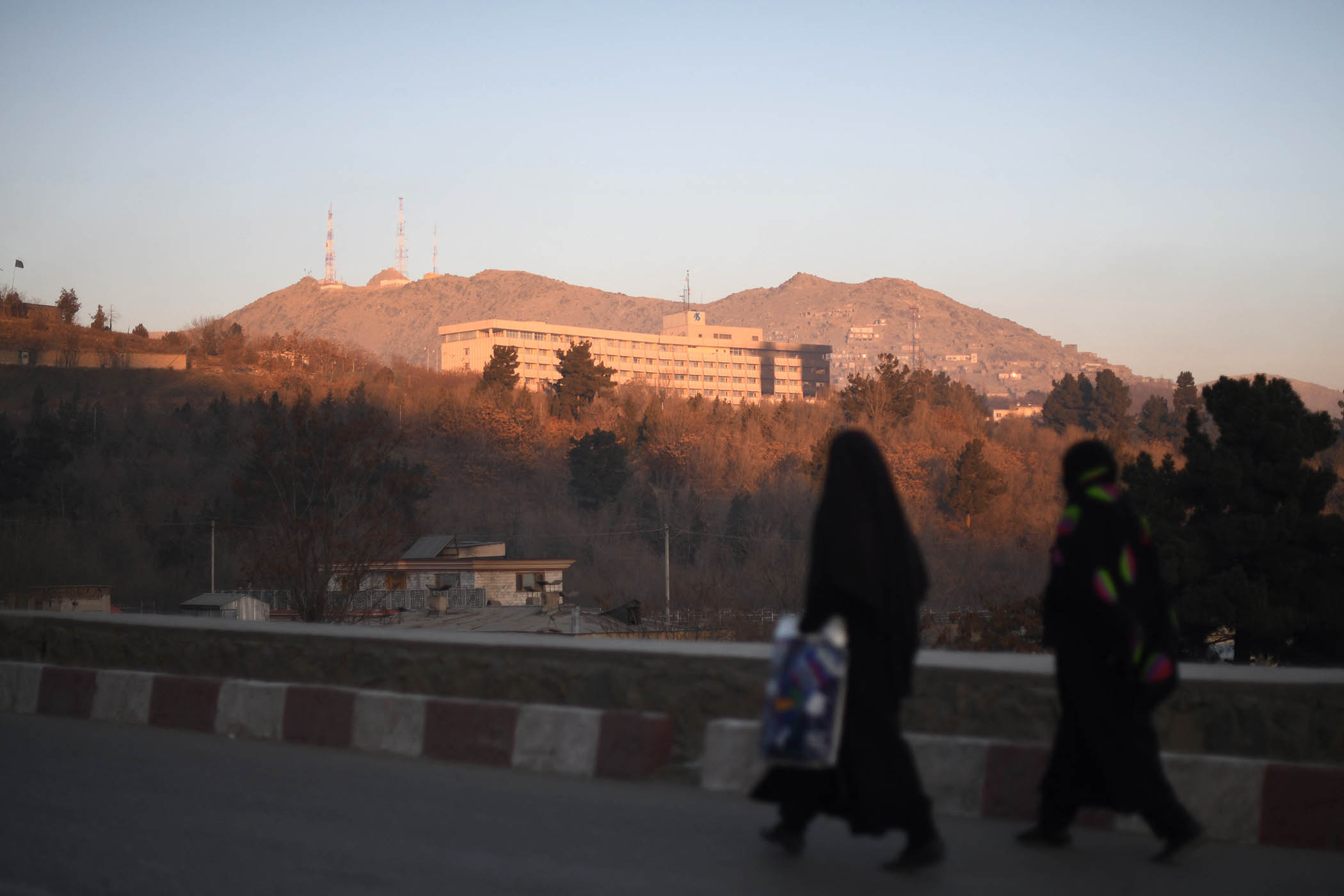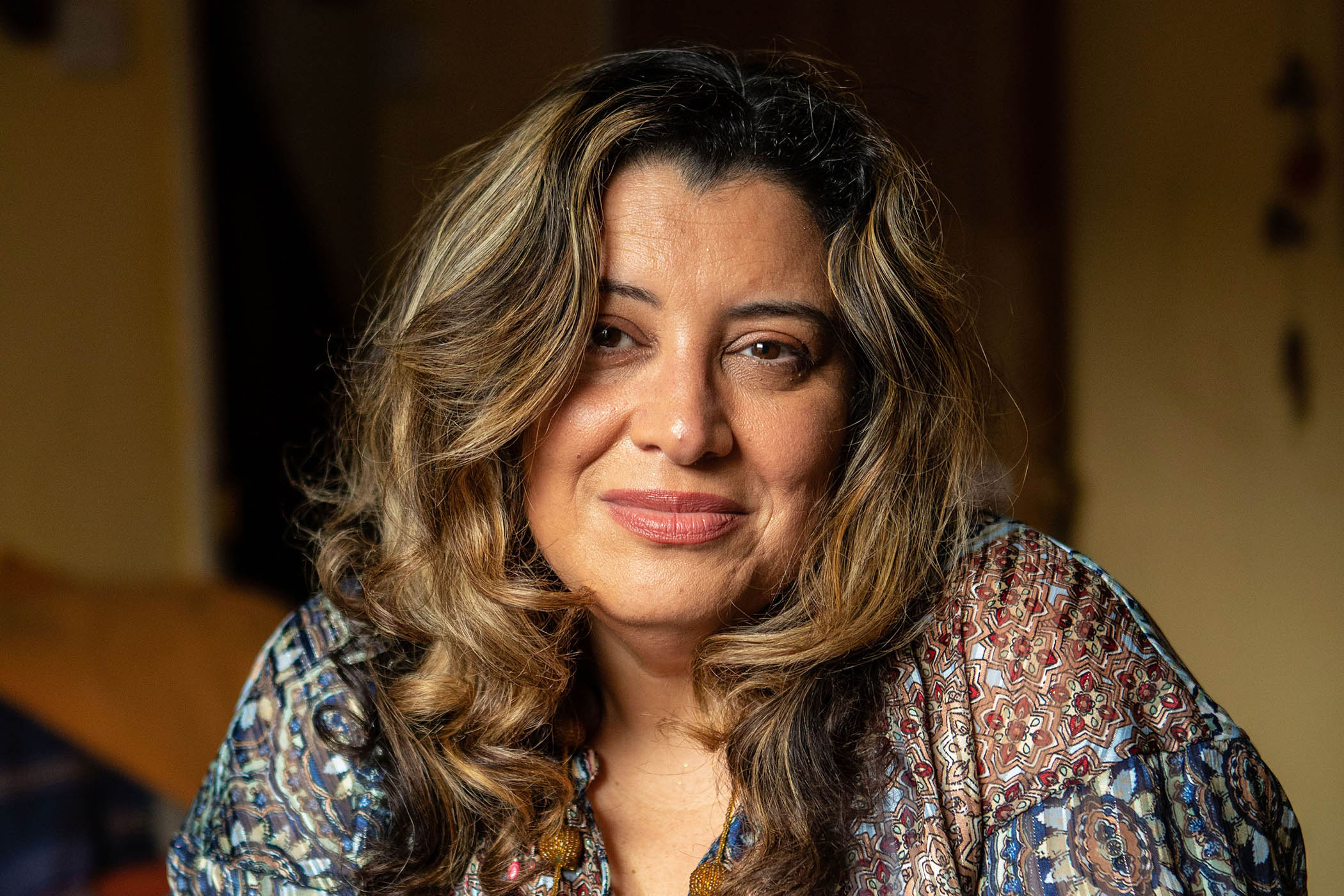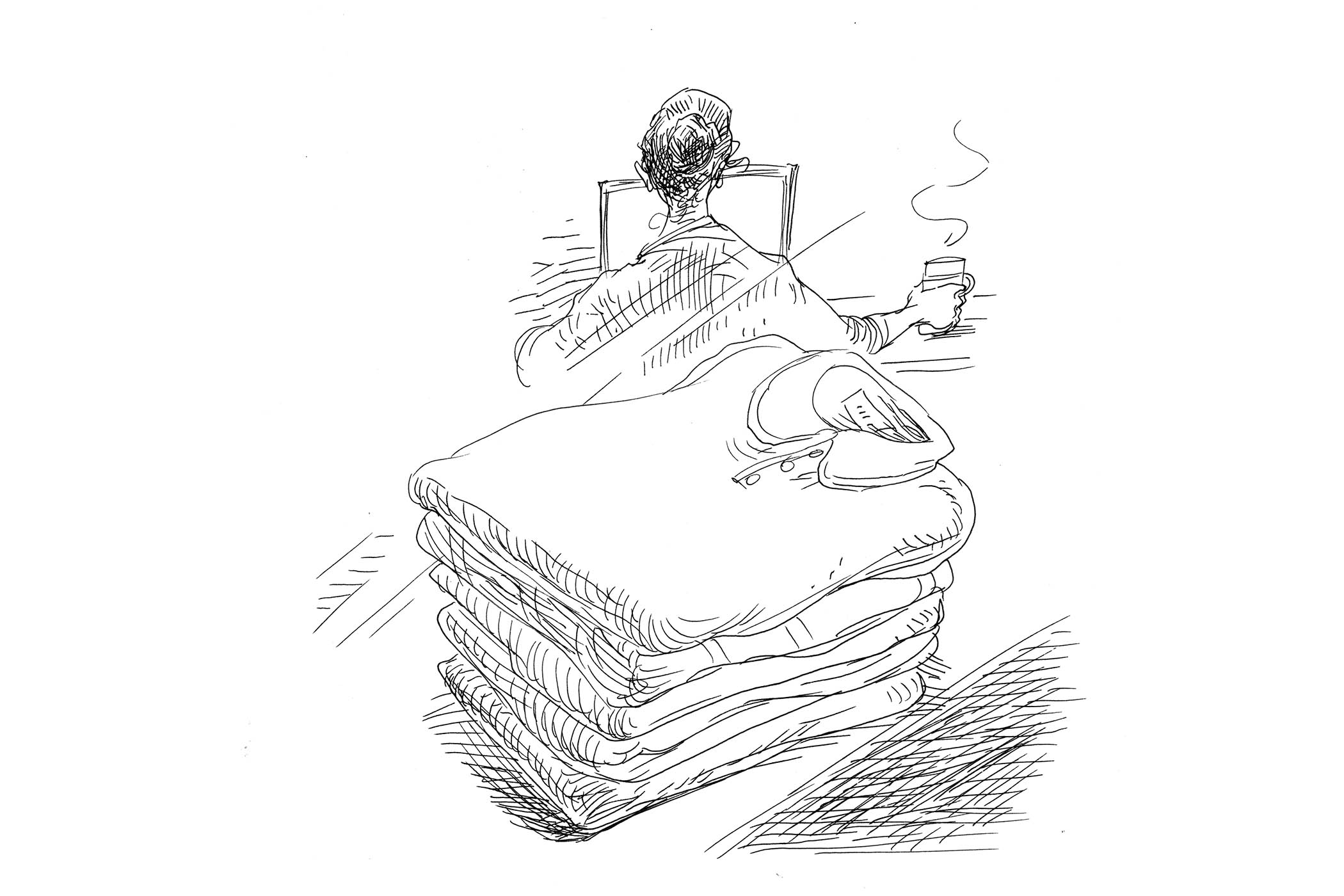For some of its clients, the Kabul Inter-Continental – “the finest hotel in Kabul” – was “the worst hotel in the world”. Given Afghanistan’s history since the Inter-Con opened in 1969, the hotel might be forgiven the occasional rough patch. Maybe the put-down was more to do with bragging rights among people whose jobs take them to difficult and dangerous places.
Lyse Doucet’s biography of Kabul’s iconic hotel and its staff is far more nuanced and affectionate. Doucet, the BBC’s chief international correspondent, has been reporting from Afghanistan since 1988. She covered the Soviet Union’s ignominious retreat from Kabul in 1989, and that of the US and its allies in 2021. Through the personal stories of the hotel’s staff and its clientele, she tells of Afghanistan’s tortuous journey from monarchy to Soviet occupation, civil war to the Taliban, then back to the Taliban via a 20-year interlude of state-building backed by the west.
The heart of the book is in the lives of ordinary people, as extraordinary world events play out. The hotel hosts history’s big names and supporting casts: politicians, generals, warlords, diplomats and spooks; businessmen and chancers; waiters, cooks, bellboys and domestic staff; and, of course, journalists. Parallel worlds briefly inhabit the same time and space behind the hotel’s concrete facade, a place of work and a home from home for professional nomads.
Hotels are in the hospitality business, and hospitality is in Afghans’ souls. Through Doucet’s writing you can taste and smell the rich fragrances and textures, the pride and warmth of giving and accepting hospitality. Lurking in the background, though, is an inescapable darker side. After 9/11, the Taliban refused to surrender Osama bin Laden to the Americans, arguing that to do so would be contrary to the honour code of Pashtun tribesmen, in which hospitality is sacrosanct.
As the Soviet tanks rolled into Kabul, a hotel guard confided to a guest: ‘We don’t like foreigners taking over our country’
As the Soviet tanks rolled into Kabul, a hotel guard confided to a guest: ‘We don’t like foreigners taking over our country’
Hospitality oils the wheels of diplomacy too. Doucet and I met for tea and cakes in the garden of the British embassy in Kabul on 1 August 2021, two weeks before the Taliban seized power. The US-led military withdrawal was all but complete and already the wheels were visibly falling off the republic. Just days previously, the Taliban nearly took out the entire government with a rocket attack as they gathered for prayer to mark the start of Eid. The fate of Afghanistan hung in the balance, and as the UK ambassador at the time, I had to be guarded in what I said to avoid making a bad situation worse. Doucet understood this perfectly well, and my careful skirting around her unanswered questions told its own story.
Journalists covering the Soviet invasion of Afghanistan on New Year’s Eve 1979 insisted to their Soviet minders: “We’re not leaving! We have a right to be here!” The Soviet minders had a particular view of the rights and obligations of journalists to report the facts about what governments do. In August 2021, towards the end of the evacuation – and with the world watching the unfolding mayhem in stunned disbelief – the US military issued a directive that all western journalists were to leave Kabul and would be scheduled on military flights. I asked what would happen if they refused. “They can’t.”
History rhymes, as both tragedy and farce. In 1979, as the Soviet tanks rolled into Kabul, a hotel guard at the Inter-Con confided to a guest: “We don’t like foreigners taking over our country.” Who does? Western intervention after 9/11 never came up with a satisfactory answer to a fundamental question: how are we going to leave? How to achieve a political settlement that had legitimacy in the eyes of most Afghans, upheld by security arrangements strong enough to see off those who wanted to overthrow it? Without such a settlement, we were stuck in a double bind: US-led military forces could not safely leave Afghanistan, yet the continued presence of those same forces could not in itself solve the political conundrum. But those forces left anyway, under the terms of Donald Trump’s dismal Doha deal with the Taliban, one confirmed by Joe Biden shortly after he entered office. The consequences of 20 years of flawed strategy played out in August 2021.

Lyse Doucet
It’s impossible not to wonder about the fate of those people whose lives the events in Doucet’s book touched. The people who kept the hotel running – its laundries and kitchens and room service – earning a living, raising a family, taking pride in a job well done, and who rebuilt it each time the Taliban bombed it. The couple whose wedding ceremony at the hotel was ruined as the Taliban swept back to power on 15 August 2021. The people killed and injured by an Islamic State suicide bomber at Kabul airport a few days before the end of the evacuation. The civilians, soldiers, journalists and others who did not come home, or came home broken. The people shuffling on to military transport planes during the fall of Kabul, and those for whom this choice was not available.
This is a beautifully written and observed book by one of the finest journalists of her generation. Doucet’s sympathetic writing is at painful odds with the absolutism into which the Taliban are again inexorably dragging Afghanistan’s people – the people whose stories she tells. A world in which girls are banned from school. A world in which women are required to stay behind closed doors in case men hear them speaking or, worse, singing. A world in which music is a sin.
The Kabul Inter-Con remains open but under new Taliban-approved management. Wedding ceremonies still take place, of course, but now with men and women in separate spaces. No music is allowed, and definitely no dancing.
Newsletters
Choose the newsletters you want to receive
View more
For information about how The Observer protects your data, read our Privacy Policy
The Finest Hotel in Kabul: A People’s History of Afghanistan by Lyse Doucet is published by Hutchinson Heinemann (£25). Order a copy from The Observer Shop for £21.25. Delivery charges may apply
Editor’s note: our recommendations are chosen independently by our journalists. The Observer may earn a small commission if a reader clicks a link and purchases a recommended product. This revenue helps support Observer journalism
Photography by AFP Getty Images; Paul Bronstein


